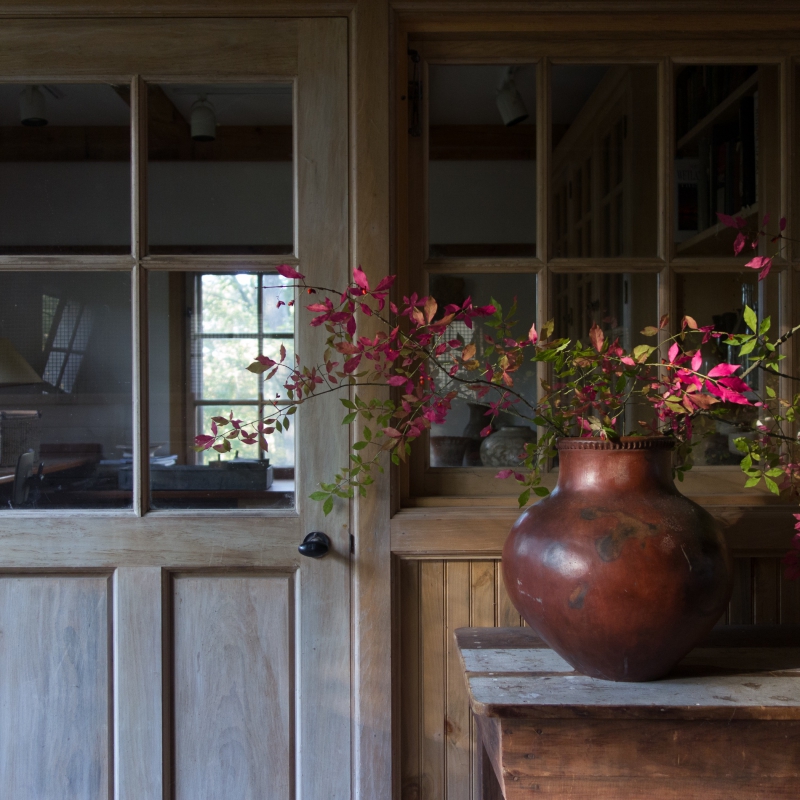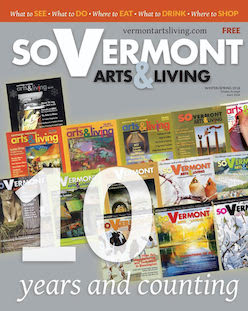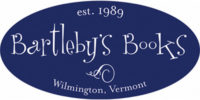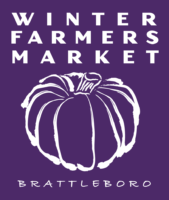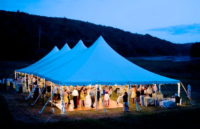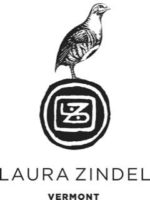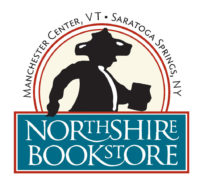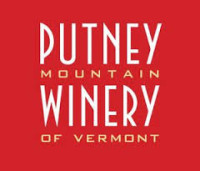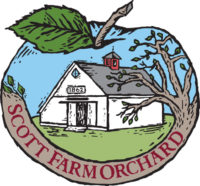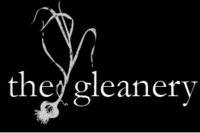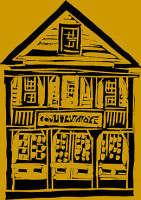Interior designers help their clients find the simple beauty in their home environment
Native fall foliage in an antique ceramic vessel
Interior designers help their clients find the simple beauty in their home environment
By Katherine P. Cox
Chatting over a picket fence in Grafton, they became friends. It’s a perfect metaphor for the two women who also became business partners two years ago with their Grafton-based home design firm, Wild Madder Design. The aesthetic of Kate Conklin and Molly Leuschel combines a picket fence’s natural charm with the modern sensibilities of good design in what they call modern rustic.
“We bring a different option that’s fresh and original. It’s an eclectic blend of vintage, contemporary, natural, and handmade,” Leuschel said.
Conklin and Leuschel draw their inspiration from two books, Wabi-Sabi for Artists, Designers, Poets and Philosophers by Leonard Koren, and Wabi Inspirations by the Belgian designer Axel Vervoordt. Wabi-Sabi, Leuschel said, is basically a Japanese concept based on observing nature.
“Nothing’s perfect, permanent or complete,” she explained. The Wild Madder Design approach “is about a feeling that comes with simple beauty,” Conklin said. “People are drawn to working with more natural materials and things that age — repurposing salvaged wood or a salvaged piece of linen; using flowers from the garden rather than exotic blooms from a florist.”
Likewise, they said they would rather work with what their clients have tucked away in the attic — or use the work of local artists and craftspeople — than decorate their homes with mass-produced items.
“We all need functional objects. It’s about making choices that have meaning. It might be something in the attic or at a yard sale down the street,” Conklin said.
Building relationships with local artists and craftspeople further expands what Wild Madder Design can offer its clients. According to Leuschel, the design process is not about replacing furniture but rather enhancing peoples’ surroundings. It’s not just choosing colors but instead considering depth of color, she added. Connecting indoor and outdoor spaces is important, as are textures and surfaces, paints and finishes.
Stressing that their design aesthetic is not “country,” Conklin added, “We like the idea of having a broad range of clients, both rural and urban, residential and commercial. We believe that access to beauty and good design is a basic service and should be available to all.”
As a designer, Leuschel said she wants to help clients reassess their lives, simplify, and “edit out the stuff that isn’t important; that’s a burden.” She’s guided by a quote from Leonard Koren: “Pare down to the essence but don’t remove the poetry.”
In New England, there’s poetry for sure in the landscape, old farmhouses, lakeside cottages, and village homes that still stand after hundreds of years: “Places with good bones,” Leuschel said. And that sense of place — that feeling you get when you return to the lake house summer after summer, freeing memories, and feeling the serenity that settles — that captures the philosophy of Wild Madder Design.
Leuschel knows her market. Her company, she said, appeals to people “who have places with good bones and [who] connect with our philosophy. This isn’t for the person who wants a big TV front and center.”
Both women understand old homes with good bones. Conklin, who divides her time between Grafton and Massachusetts, said she has many happy memories of spending time at her parents’ home in Grafton, where the large family would gather for special occasions. It’s just down the street from where Leuschel lives, in a house built in 1850. There, she mixed the old and the new in an addition that, although isn’t period, complements the existing structure and serves as the office for Wild Madder Design.
And the company’s name is particularly meaningful. As Leuschel explained, wild madder is a plant that grows worldwide and its root has been used as a pigment for artists in many different parts of the world. “It’s a common, natural substance that creates something beautiful and enduring,” she said.
In addition to offering home design services, Leuschel and Conklin said they look forward to building out a multi-disciplinary design studio and hosting educational workshops and activities.
“We want to get involved with events and create community here. Being part of a larger community is important to us. Meaningful connections made through creative ventures, such as collaborating with designers in the area and promoting local artists and artisans through our work, is part of our vision,” Conklin said.
Leuschel said she believes their design philosophy is a perfect fit for Vermont and our time:
“People want some peace in their lives. They want a sanctuary, a refuge.”
For more information, visit http://www.wildmadderdesign.com.


